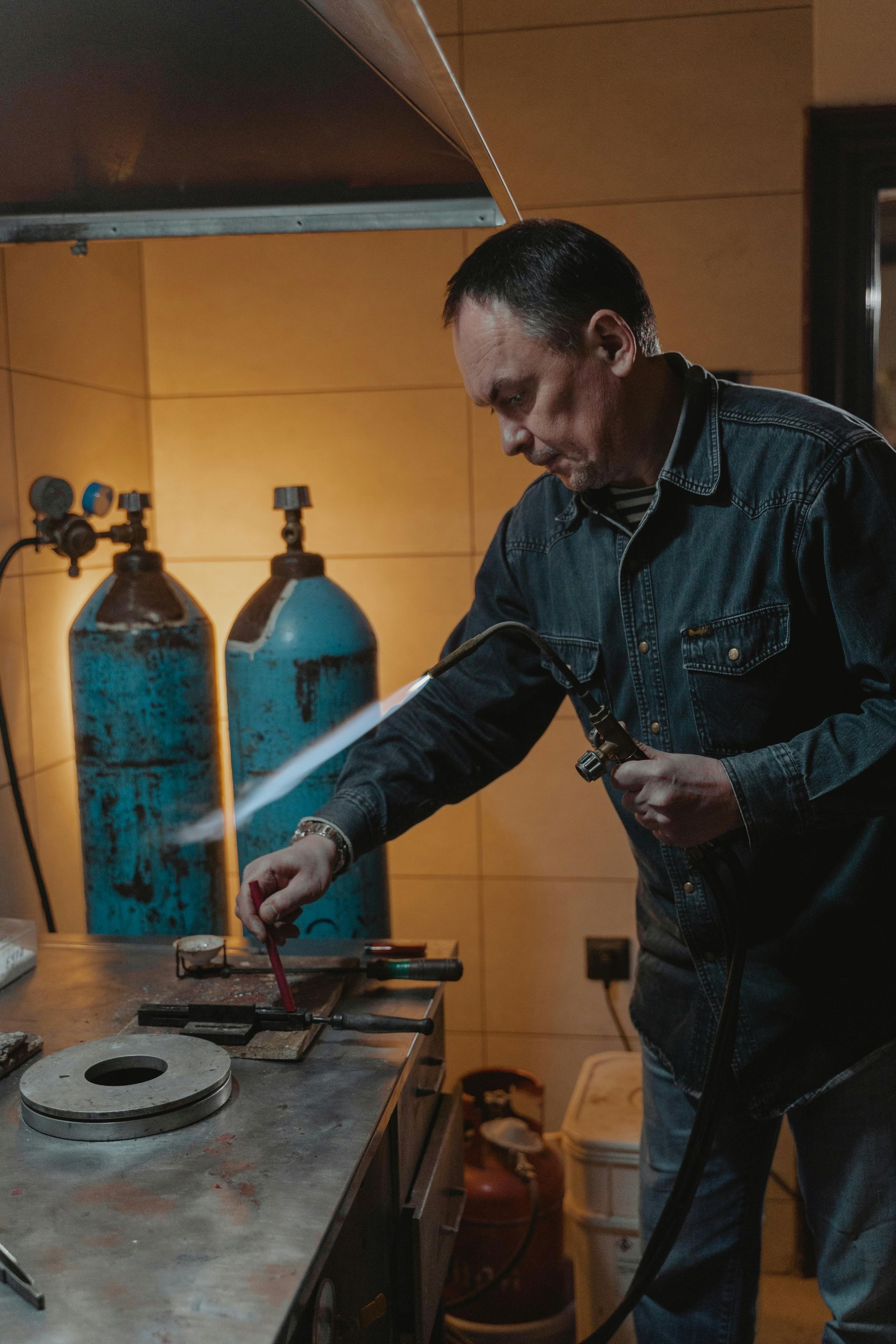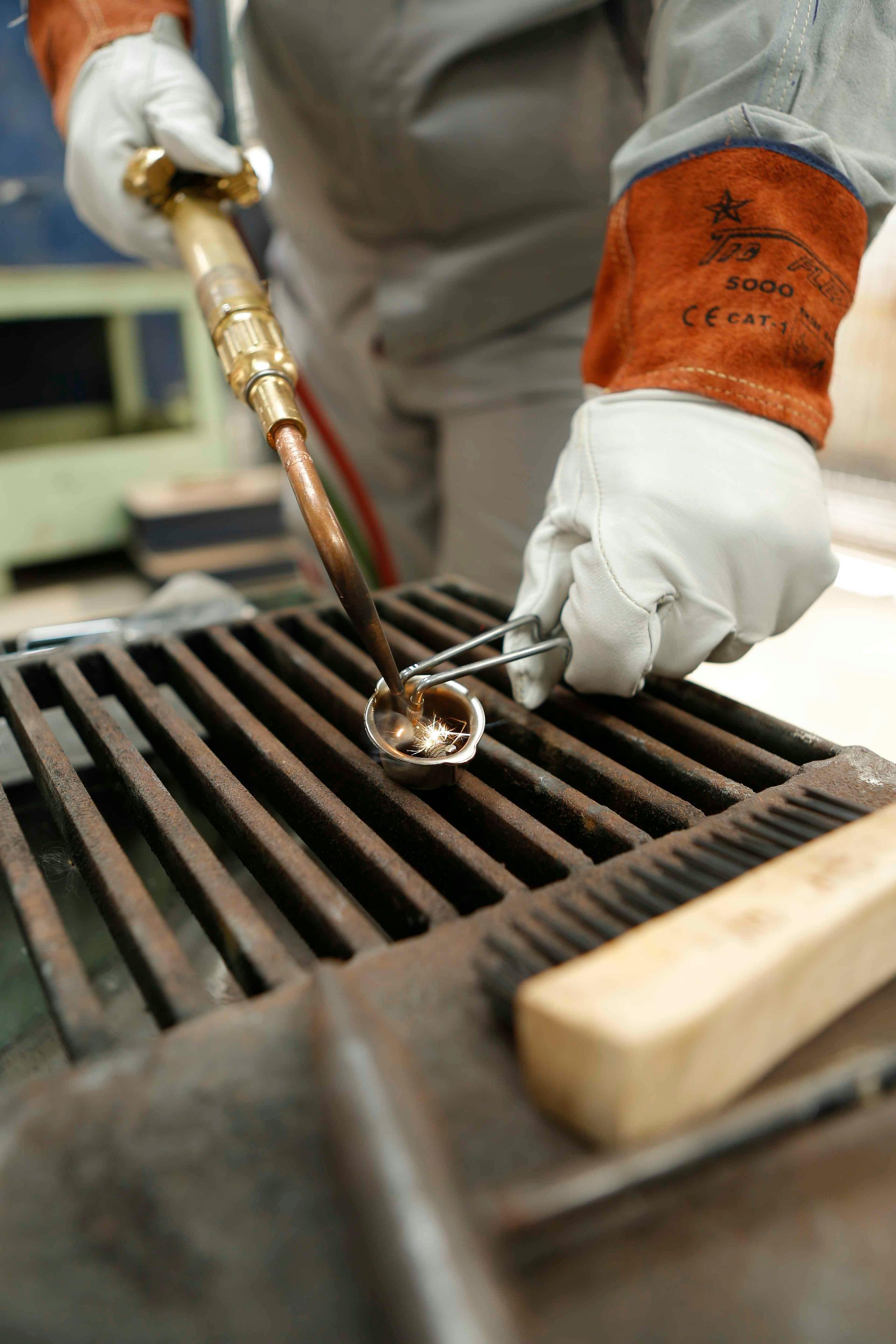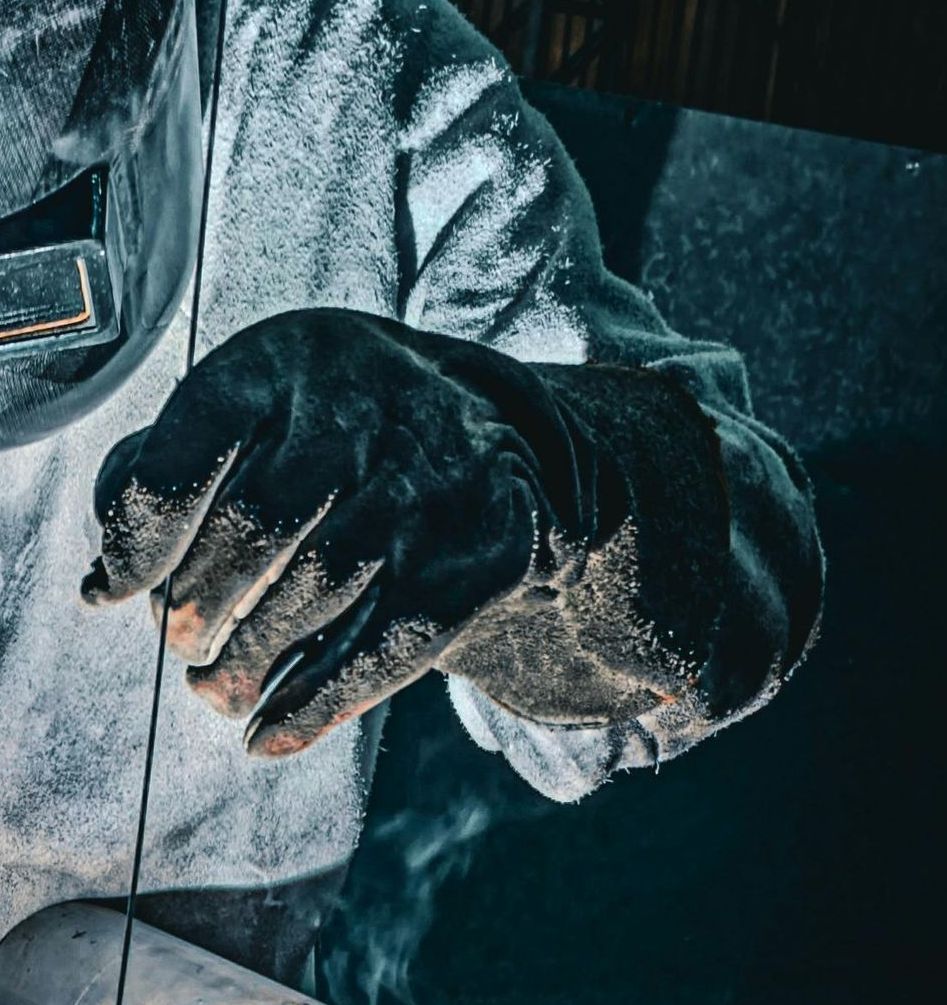WELDER
WHY WELDING ?
Welding is an essential skill used in many industries, from construction to manufacturing and even art. By learning how to weld, you can create strong and durable structures, fix machinery, and even craft beautiful metal sculptures.
Welders are in high demand, which means there are plenty of job opportunities available. Plus, this trade often offers good pay and benefits.
Skills Needed:
- Welding Techniques
- Blueprint and Technical Drawing Interpretation
- Attention to Detail
- Knowledge of Welding Equipment
- Safety Awareness
- Mathematics
- Physical Stamina and Strength
- Problem-Solving Skills
- Heat Management
- Communication Skills
- Time Management
Here are some general statistics:
430,000
Welders employed in the U.S.
According to the U.S. Bureau of Labor Statistics (BLS) 2023.
3%
The employment of Welders is projected to grow, from 2021 to 2031.
$74,000 annually
The highest earner a welder can make.
TYPICAL SALARY
$ 31k - 74k per year
Highest paying states
Some of the highest paying states for Welders include Alaska, Texas, California, Louisiana and Wyoming.
TOOLS OF THE TRADE
Common tools used by welders include:
- Welding Machine
- Welding Torch
- Electrode Holder
- Ground Clamp
- Welding Helmet
- Protective Gloves
- Welding Jacket or Apron
- Wire Feed and Spool Gun
- Angle Grinder
- Chipping Hammer
- Wire Brush
- C-Clamps or Welding Clamps
- Measuring Tools
- Cutting Torch
- Fume Extractor
- Welding Rods (Electrodes)
- Welding Pliers
- Welding Curtains or Screens
- Welding Magnet
- Respirators
NECESSARY CERTIFICATIONS FOR PLUMBERS
American Welding Society (AWS) Certifications
The AWS is one of the most recognized organizations for welding certification in the U.S. They offer a variety of certifications depending on the type of welding, the materials used, and the welder's skills. Some of the key AWS certifications include:
- Certified Welder (CW)
- Certified Welding Inspector (CWI)
- Certified Welding Educator (CWE)
- Certified Welding Supervisor (CWS)
- Certified Radiographic Interpreter (CRI)
American Society of Mechanical Engineers (ASME) Certifications
The ASME is an organization that sets codes and standards for the design and construction of boilers, pressure vessels, and other mechanical systems. Welders who work in these areas may need certifications such as:
ASME Section IX:
- Certification in accordance with ASME’s Boiler and Pressure Vessel Code (BPVC).
- This certification verifies a welder’s ability to perform welds for the construction of pressure vessels and piping systems.
American Petroleum Institute (API) Certifications
Welders working in the oil and gas industry, especially in pipeline welding, may require API certification. Some key certifications include:
API 1104:
- A certification for welders who work in pipeline welding and maintenance. It ensures that welders can create strong, safe welds for pipelines.
- This certification is often required for welders working in the oil, gas, and energy sectors.
Nuclear Industry Certifications
Welders in the nuclear industry need specialized certifications to ensure that their work meets the strict safety and quality standards required in the sector. These certifications are often regulated by organizations such as:
Nuclear Regulatory Commission (NRC):
- Requires specialized training and certification for welders working in nuclear power plants or nuclear material facilities.
International Organization for Standardization (ISO) Certification
The ISO 9606-1 certification is internationally recognized and is typically for welders working in industries where global standards are important, like construction, automotive, and aerospace. This standard ensures that welders can meet international welding qualifications.
Welder Certification for Specific Materials and Processes
Different materials and welding processes require separate qualifications, such as:
- Aluminum Welding: Certification in welding aluminum may be required for industries like aerospace or automotive.
- Pipe Welding: Pipe welding certifications (such as API 1169) are essential for those who work with pipelines and other pressure-related systems.
- Underwater Welding: Underwater welders must undergo certification and meet the strictest standards, often regulated by organizations like AWS or specific diving and welding schools.
State and Local Certifications
Some states and local jurisdictions may require additional certifications for certain welding jobs, especially those in construction, infrastructure, and public works. These could include certifications for specific welding methods, safety standards, or environmental regulations.
CAREER LINKS
- American Welding Society
- ASM International
- Fabricators & Manufacturers Association International
- International Association of Bridge, Structural, Ornamental and Reinforcing Iron Workers
- International Association of Machinists and Aerospace Workers
- International Brotherhood of Boilermakers
- IPC
- Occupational Outlook Handbook: Welders, cutters, solderers, and brazers
- Precision Machined Products Association




